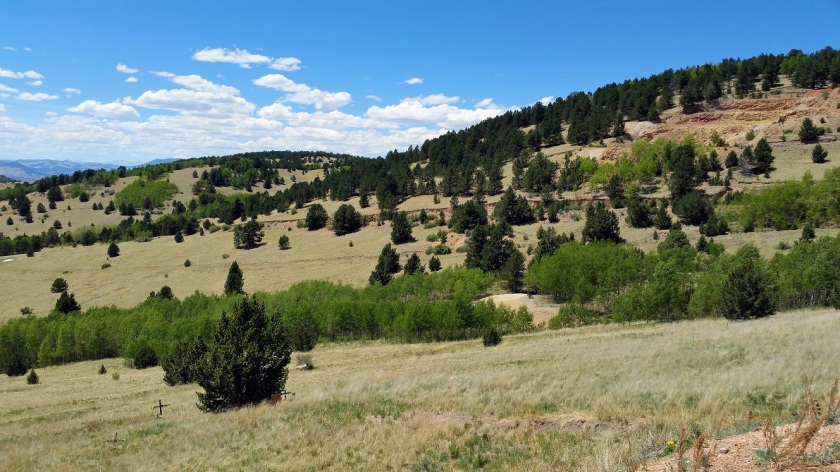Hereby know we that we dwell in him, and he in us, because he hath given us of his Spirit.
1 John 4:13 King James Version
David Pawson asked in the lecture below (about 12:00) why are believers so certain they are saved?
Is the basis for our assurance the Scriptures? Not completely. The Scriptures are too objective. Pawson explained, “It says there that whoever believes is certain of Heaven, but how do I know I am included?” (about 13:50)
Is the basis for our certainty our holiness? Again, not completely. Our holiness is too subjective. Pawson explained, “If my assurance is based on my living a Christ-like life in the world, then frankly I am going to be beset by a nagging doubt again, because there are times that I know that I have not lived a Christ-like life.” (about 15:30)
Where then do we find assurance? Pawson answered: “The thing that clinches it every time is neither the Scripture nor your own sanctity, but the Spirit.” (about 17:10) Through our mouths the Spirit overflows as we testify that Jesus is Lord and God is Father. That overflow with joy is our certainty.
If we can make that testimony with our mouths, then we have all we need for the gift of tongues. This gift allows us to pray to God in languages we do not understand which keeps our minds from getting in the way. We do this privately for personal edification. That prayer is between ourselves and God.
How do we do it? Breathe in. Open the mouth. Move the lips and tongue and make sounds even if they are very quiet, under one’s breath. Trust the Spirit will come up with the perfect words of prayer and praise in agreement with the Father’s will and not our own.
Someone might complain that anyone, even those without the Spirit, could fake praying in tongues if they wanted to. True. They could, if they wanted to, but who in their right mind would want to do that for very long without the joy, thanks and praise coming from the Holy Spirit?
Nor does this mean that one must pray in tongues if one has the Spirit. It’s a privilege. One gets to do this for long periods of time if one wants to. When some demon is messing with your mind trying to push you over a cliff of anger, lust or self-centeredness or whatever, start praying in tongues. The demon won’t have a clue what you’re saying. Then send that demon over the cliff if it hasn’t already jumped.
Your body has become a temple of the Holy Spirit.
For more information on praying in tongues see Dave Roberson’s free pdf book, The Walk of the Spirit – The Walk of Power: The Vital Role of Praying in Tongues. This post is about what he referred to as “tongues for personal edification” in Chapter 5. Another useful resource is by Mahesh Chavda, The Hidden Power of Speaking in Tongues. Andrew Wommack explains how praying in tongues is done in his final lecture of the series How To Hear God’s Voice. To put this all in perspective, Ryan Reeves presents a general, historical overview of Pentacostalism.
Not all Christians accept praying in tongues. Indeed, I suspect most don’t, but I also suspect with the growth of Pentecostalism that will change. For example, John MacArthur rejected tongues because he claimed it is easy to falsify and Greg Bahnsen made a theological claim that tongues have ceased. However, I find praying in tongues to be an effective exercise that keeps my heart on the Lord and strengthens my faith.
You are welcome to express your own views in the comments below.
Weekly Parashah Readings
Parashah: Metzora 8 Nissan, 5782 – April 9, 2022
Torah: Leviticus 14:1 – 15:33
Haftarah: Kings II 7:3-20
Brit Chadashah: Matthew 8:1-17
Resources: Chabad, Hebrew4Christians, Weekly Torah Readings, Calendar










